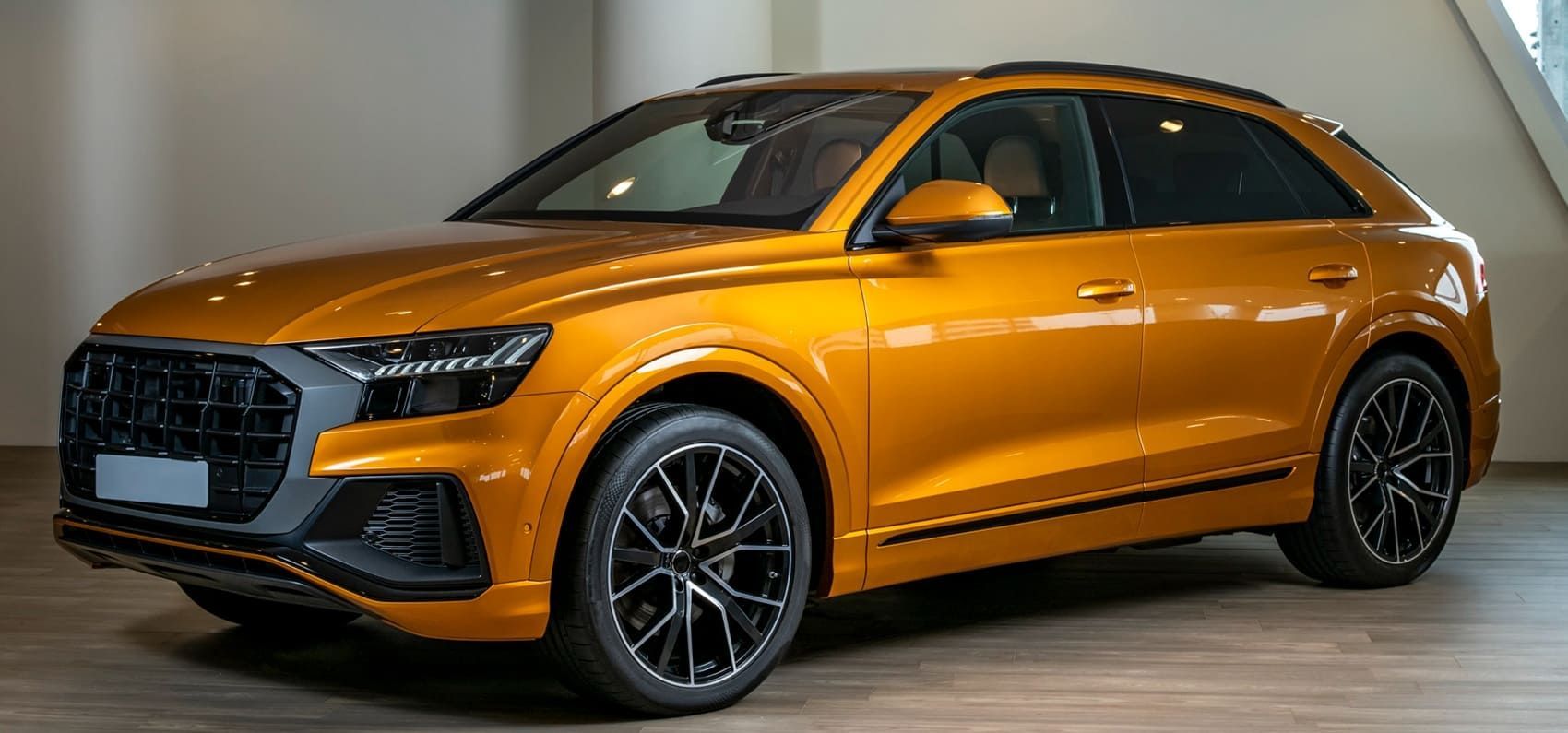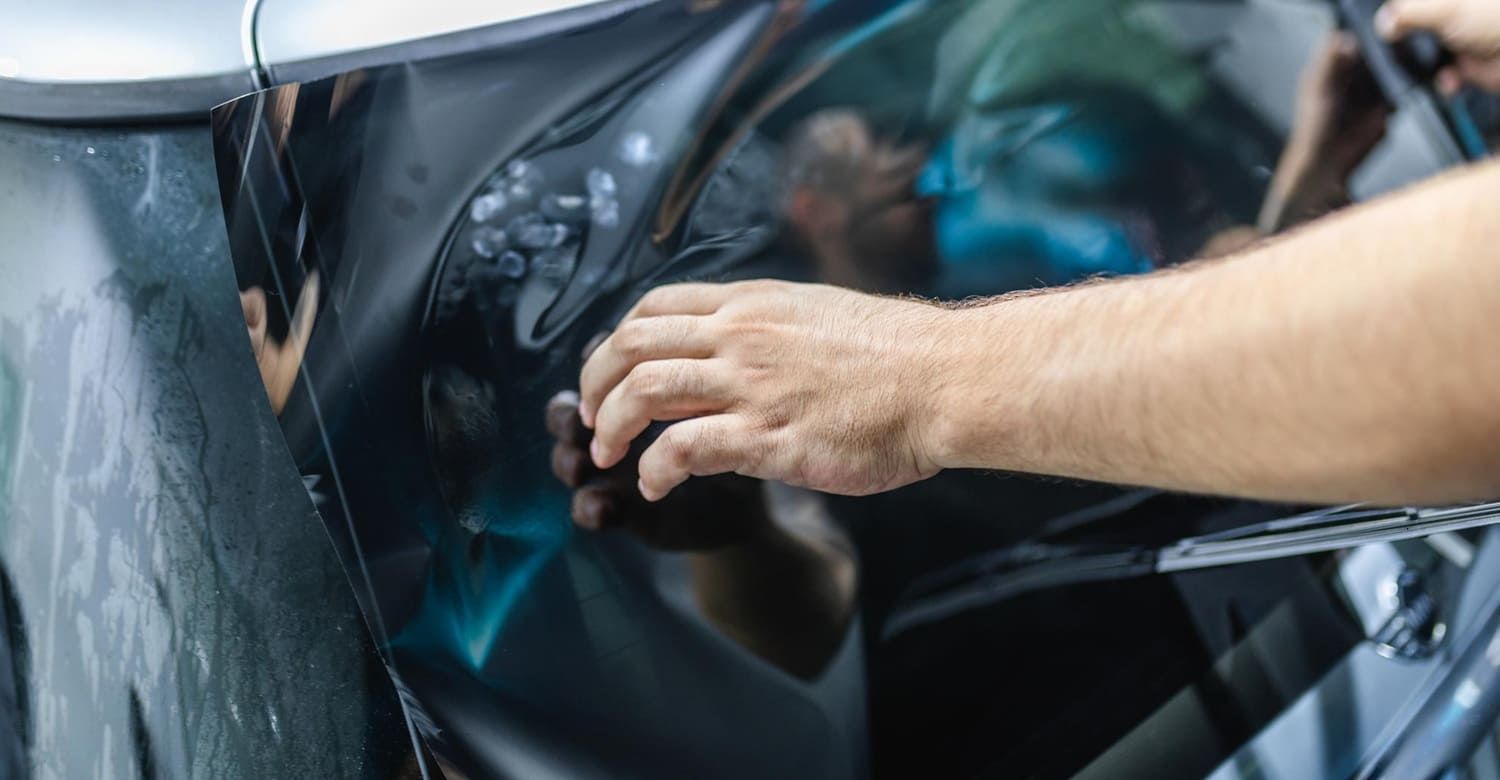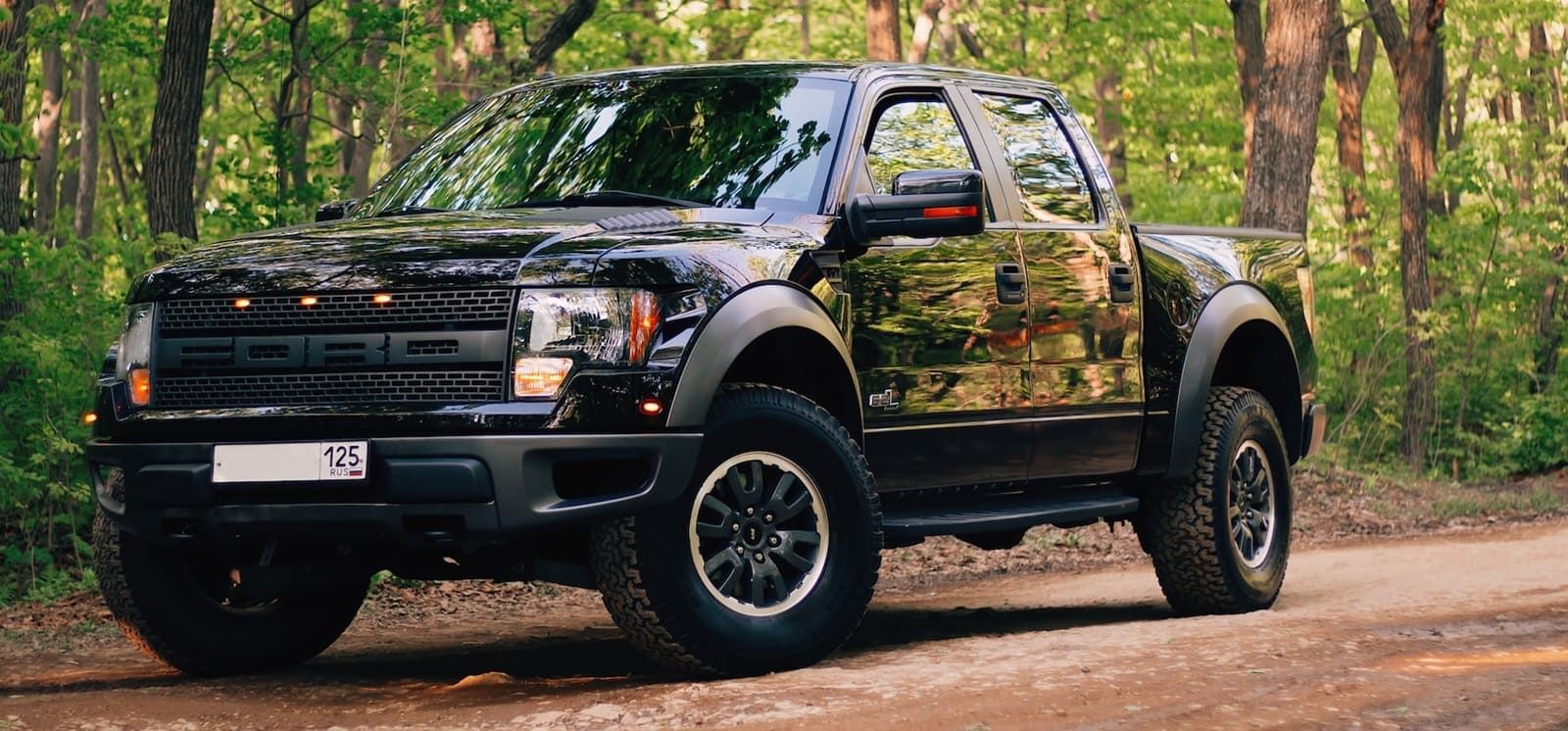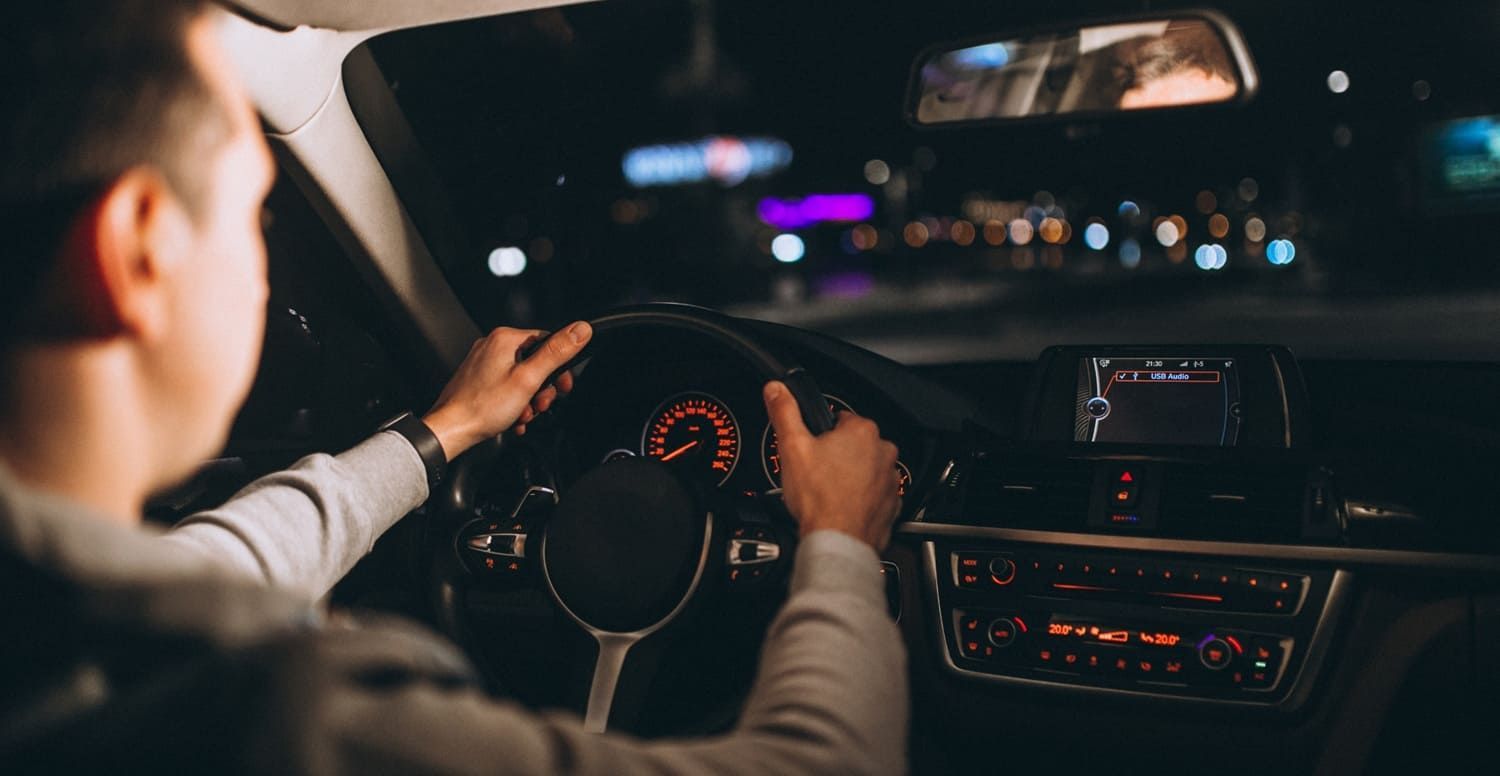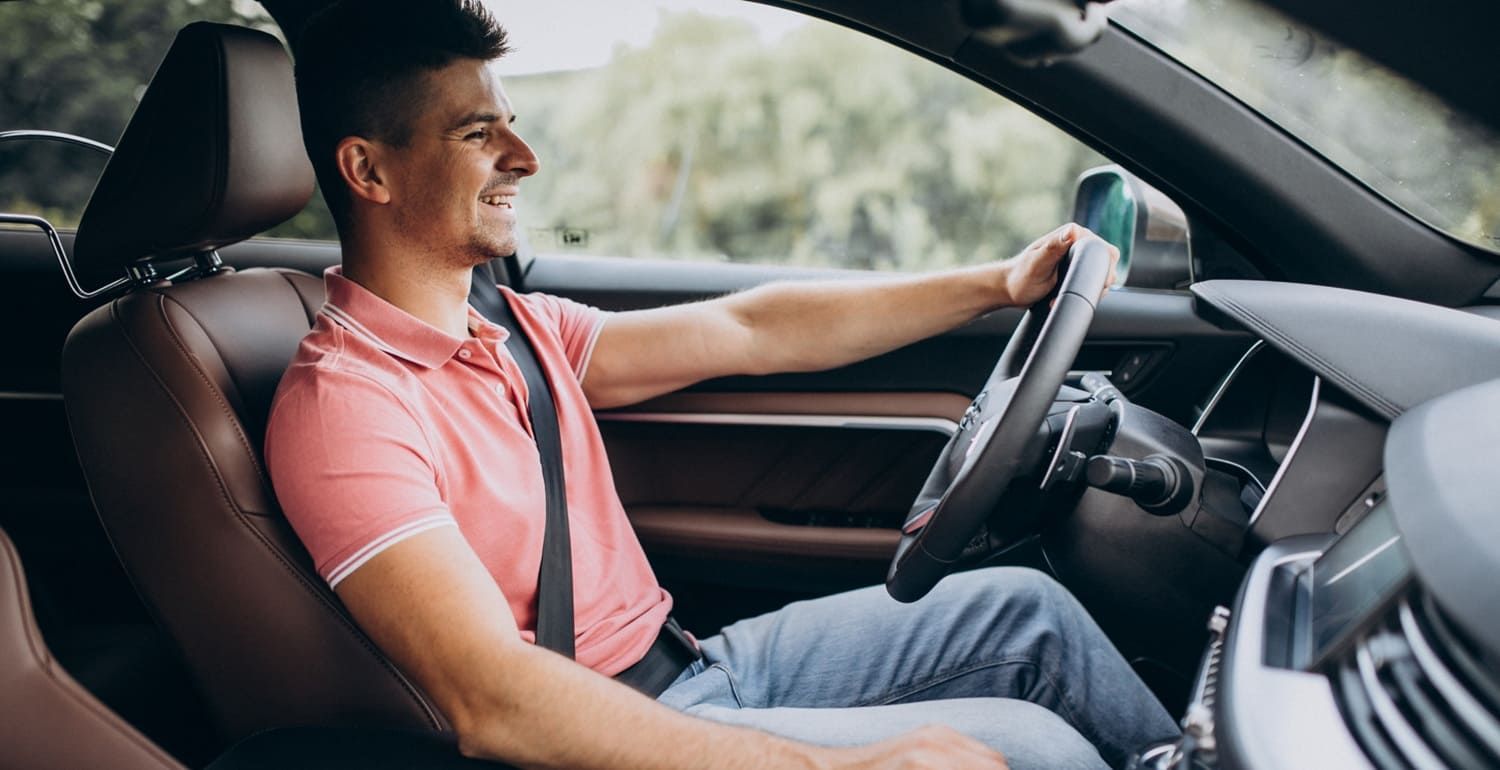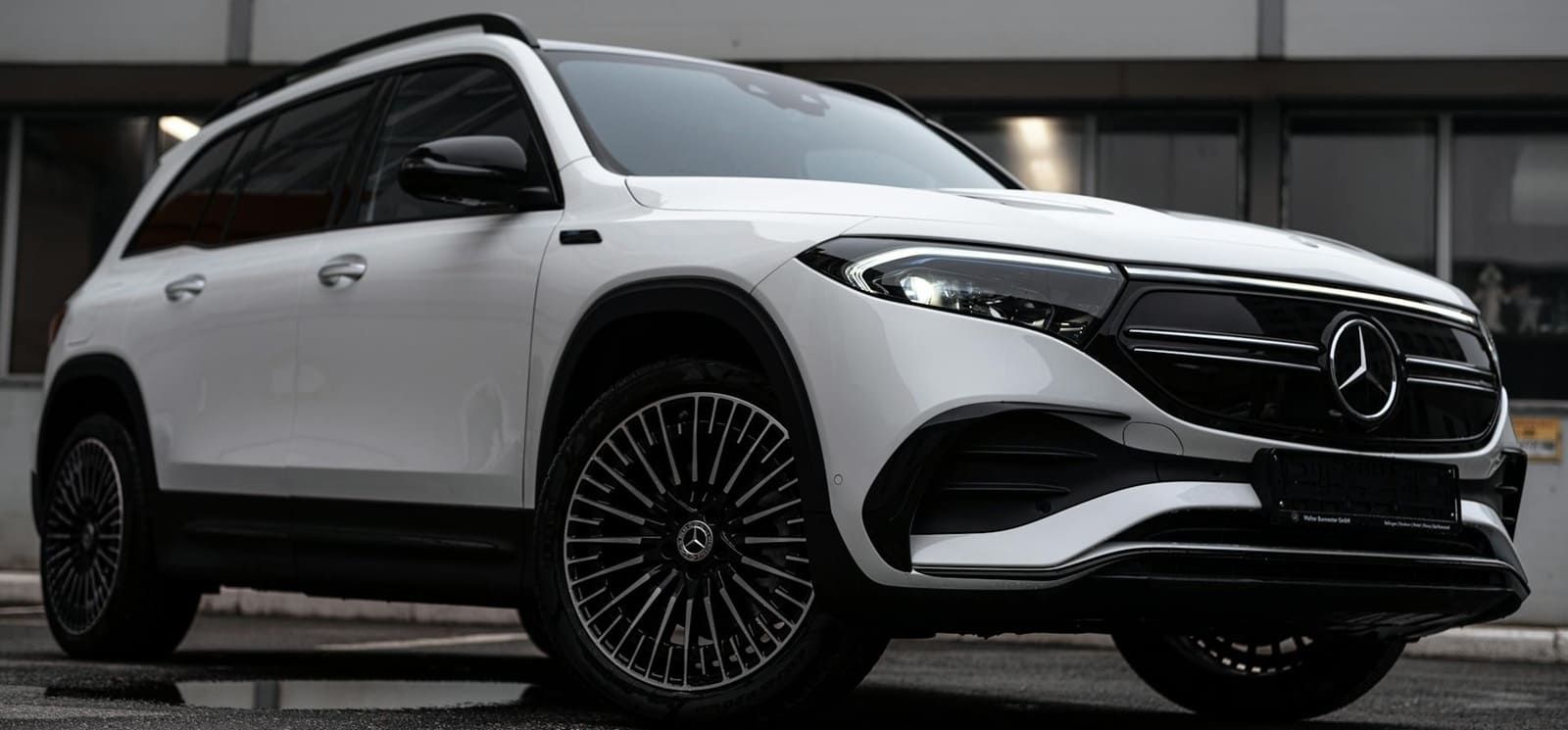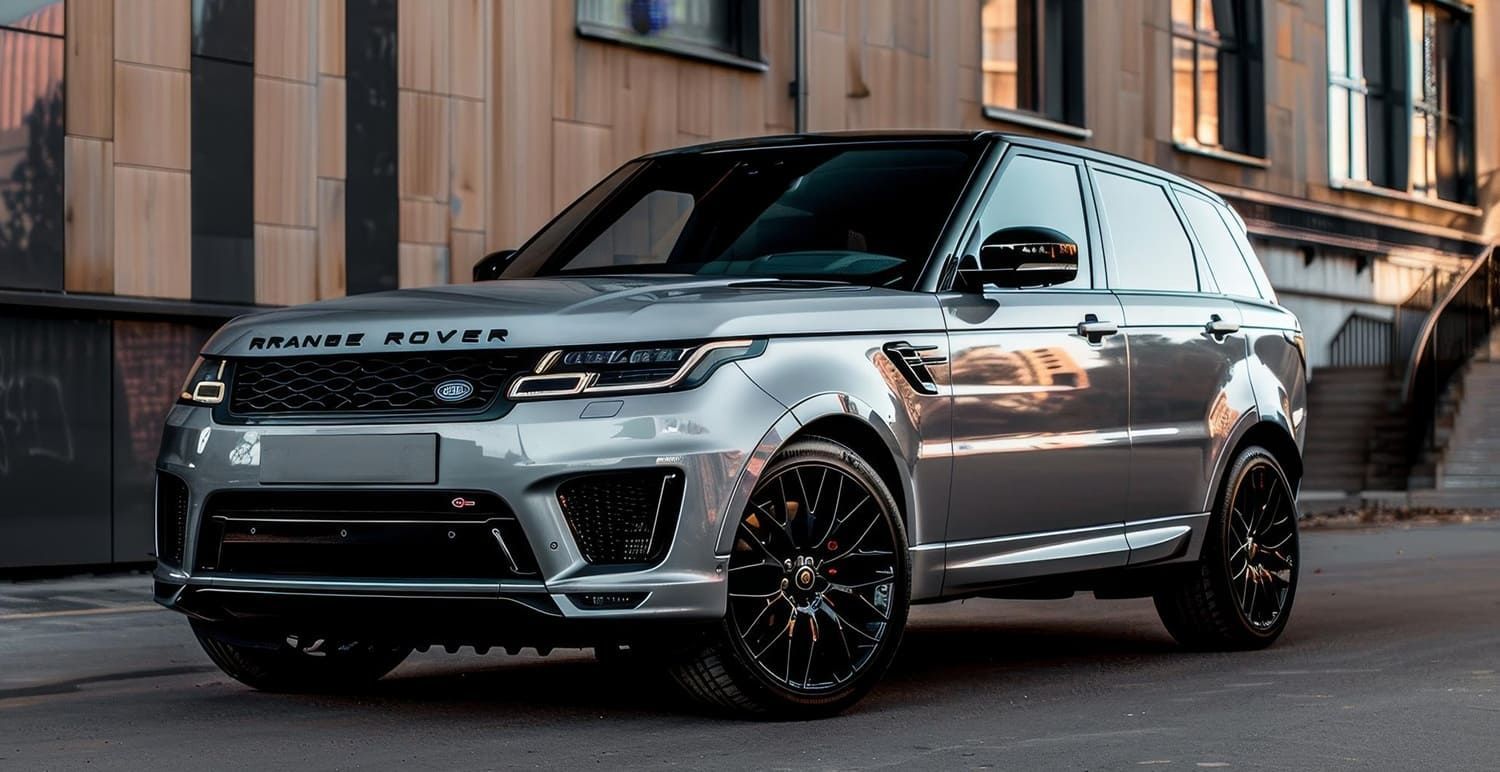Is Ceramic Car Window Tint Worth the Extra Cost
Choosing the right window tint for your car can be a daunting task. With so many options available, it's easy to feel overwhelmed. Ceramic car window tint stands out as a premium choice. But is it worth the extra cost?
Ceramic window film offers several benefits that traditional tints can't match. It provides superior heat rejection, UV protection, and glare reduction. These features enhance comfort and safety while driving.
However, the cost of ceramic car window tint is higher than standard options. This raises the question: do the benefits justify the expense?
In this article, we'll explore the advantages and costs of ceramic window tinting. By the end, you'll have a clearer understanding of whether it's the right choice for you.
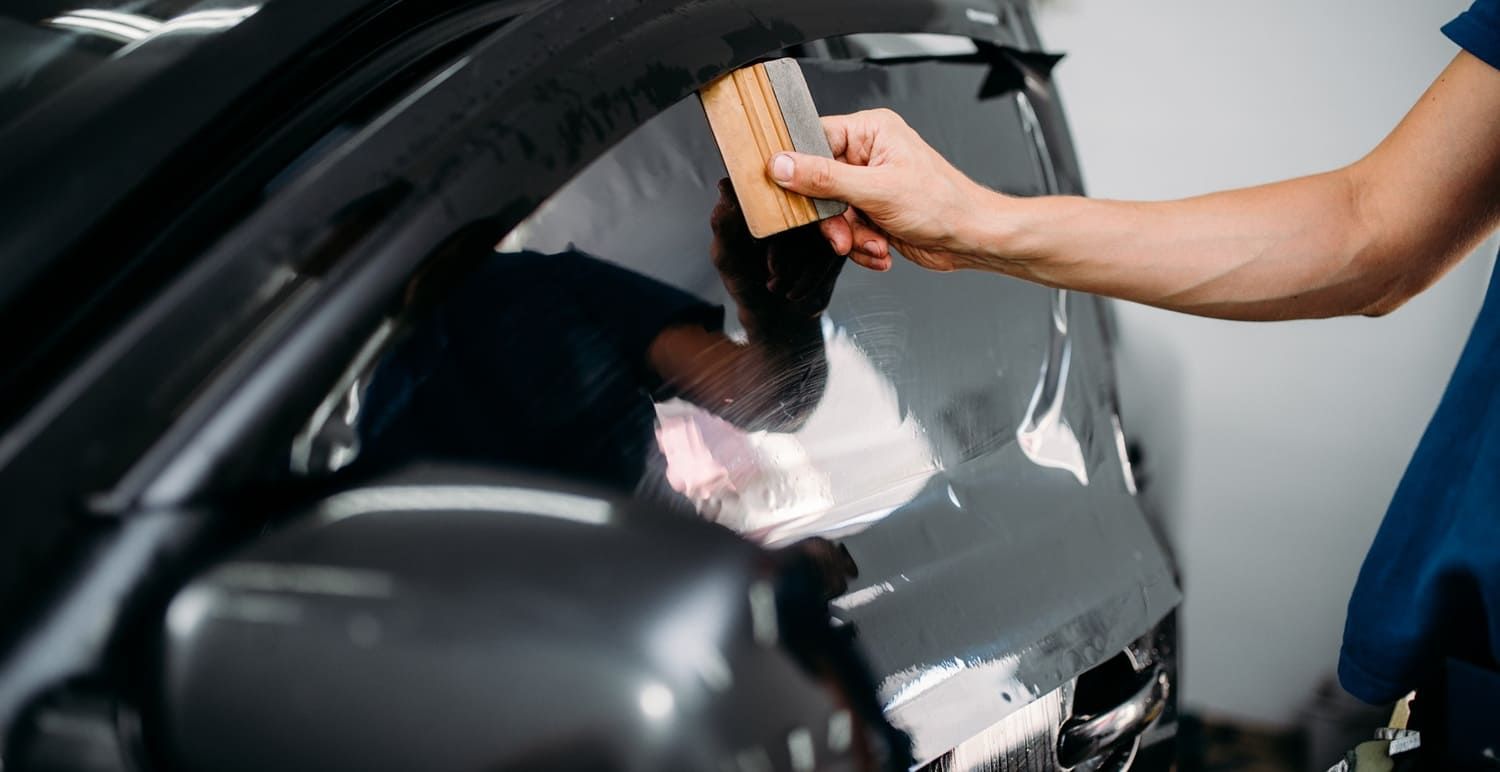
What Is Ceramic Car Window Tint?
Ceramic car window tint is a modern solution for enhancing your vehicle's windows. Unlike traditional tints, it uses nano-ceramic technology for premium results. This advanced method offers several unique features that make it stand out.
One of the main advantages is its non-metallic construction. This means ceramic window film won't interfere with electronic signals, such as GPS or cell phones. This is a common issue with metallic tints.
Ceramic tints are crafted to be more durable, allowing them to withstand harsh conditions and resist scratches. They also remain clear over time, ensuring long-lasting performance without fading.
Key features of ceramic car window tint include:
- Enhanced UV protection
- High heat rejection capability
- Non-interference with electronics
- Increased durability and scratch-resistance
These attributes make ceramic tint a top choice for those seeking quality and longevity in their car window tinting options.
How Does Ceramic Window Film Work?
Ceramic window film functions through the use of tiny, non-metallic ceramic particles. These particles are spread evenly throughout the film, providing its advanced properties. Importantly, this technology doesn't rely on dyes or metals, making it a superior option.
The primary function of ceramic window tint is to block heat and ultraviolet (UV) rays. It achieves this by reflecting and absorbing solar energy. As a result, the film can reject a significant portion of the sun's heat.
Additionally, ceramic window film maintains clarity and transparency, enhancing visibility and safety. It provides protection without altering the natural appearance of the glass. This makes it an ideal choice for those who want effective tinting without darkening their car windows excessively.
Key functionalities of ceramic window film include:
- Reflects and absorbs solar heat
- Provides high UV protection
- Maintains clarity and transparency
- Does not alter electronic signal reception
Overall, ceramic window film offers a blend of technology and performance that is both practical and efficient.
Ceramic Tint vs. Other Types of Car Window Tinting
When exploring car window tinting options, it's crucial to compare ceramic tint with other types. Each tint type has unique characteristics and benefits. Understanding these differences can aid in making an informed decision.
Metallic tints are known for their reflective properties and durability. However, they can interfere with electronic signals and appear shiny. On the other hand, dyed tints are more affordable but tend to fade over time.
Ceramic tints offer the advantage of blocking heat and UV rays without compromising visibility. They don't interfere with electronics, unlike metallic tints. Furthermore, ceramic tints maintain their color and clarity over time.
A comparison list of different tints reveals:
- Dyed Tints: Affordable, fades easily, basic heat reduction
- Metallic Tints: Reflective, can block signals, durable
- Carbon Tints: Better heat reduction, non-fading, matte finish
- Ceramic Tints: High heat rejection, UV protection, signal-friendly
Overall, ceramic tint stands out due to its balanced performance and longevity. It provides excellent protection against the elements and enhances vehicle aesthetics without drawbacks. Car owners looking for quality and durability might find ceramic tinting a worthwhile choice.
Key Benefits of Ceramic Car Window Tint
Ceramic car window tint offers a range of impressive benefits that make it a popular choice among vehicle owners. One of the most significant advantages is its superior heat rejection capabilities, which help keep the car interior cooler during hot weather.
This tint provides excellent UV protection, blocking up to 99% of harmful rays. By doing so, it protects both the driver and passengers from skin damage and reduces the risk of interior fading and cracking.
Glare reduction is another notable benefit of ceramic window film. It offers enhanced driving comfort by reducing the intense sun glare, leading to improved visibility and safety on the road.
Additionally, ceramic tints do not interfere with electronic signals, unlike their metallic counterparts. This means drivers can use GPS, cell phones, and radio without disruptions.
Durability is a hallmark of ceramic tints. They are scratch-resistant and maintain clarity over time, ensuring they look good and perform well for years.
Here's a quick list of ceramic tint benefits:
- Superior heat rejection
- Excellent UV protection
- Significant glare reduction
- Non-interference with electronic devices
- High durability and scratch resistance
- Maintained clarity and no fading
Ultimately, ceramic car window tint enhances both the comfort and aesthetics of a vehicle. Its long-lasting performance justifies the initial investment, making it an appealing option for those prioritizing vehicle protection and comfort.
The Cost of Ceramic Window Tinting: Is It Worth It?
Ceramic car window tint typically costs more than traditional tints. This higher price often sparks debates about its value compared to other options. However, the cost reflects the advanced technology and materials used in ceramic films.
When considering this investment, focus on the long-term benefits. The superior performance in heat rejection, UV protection, and durability can lead to savings on energy and maintenance over time.
Moreover, enhanced privacy and security add value to the investment. A cooler and more protected interior reduces the need for air conditioning, potentially lowering fuel consumption.
Here are reasons the cost might be justified:
- Long-lasting performance
- Energy savings
- Enhanced security
- Protection from UV damage
Ultimately, whether ceramic window tinting is worth the cost depends on individual preferences and needs. For many, the promise of long-term benefits, improved comfort, and protection outweighs the initial expense.
Factors to Consider Before Choosing Ceramic Tint
Before opting for ceramic car window tint, consider several important factors. Different tints suit different needs, so understanding your priorities is crucial.
First, think about your local climate. If you live in a sunny area, ceramic tint's heat rejection is beneficial. Additionally, consider the legal requirements in your area regarding window tinting.
Another factor is your budget. While ceramic tint is more expensive, its durability and performance can offer long-term value. Decide if you prefer an immediate cost-saving or prolonged benefits.
Lastly, evaluate your vehicle's usage. Frequent drivers might prioritize UV protection and comfort, while occasional drivers may focus on aesthetics.
Factors to reflect on include:
- Local climate
- Budget constraints
- Vehicle usage
- Legal requirements
Choosing ceramic tint should align with your specific needs, ensuring satisfaction with your investment. Balancing these considerations will help make a well-informed decision.
How to Find Ceramic Window Tinting Near Me
Finding a trusted installer for ceramic window film is essential for quality results. Start by searching online for "ceramic window tinting near me" to identify local providers.
Verify the reviews and ratings of each business. High customer satisfaction is a positive indicator of service quality. Consider visiting their websites for more detailed information.
Next, contact potential installers for quotes and ask about their experience with ceramic tints.
Ensure they use reputable brands and offer a warranty. This demonstrates confidence in their work and materials.
Steps to find local tinting services:
- Conduct online searches
- Check reviews and ratings
- Reach out for quotes and warranty details
These strategies will help you identify a reliable installer to meet your ceramic tinting needs.
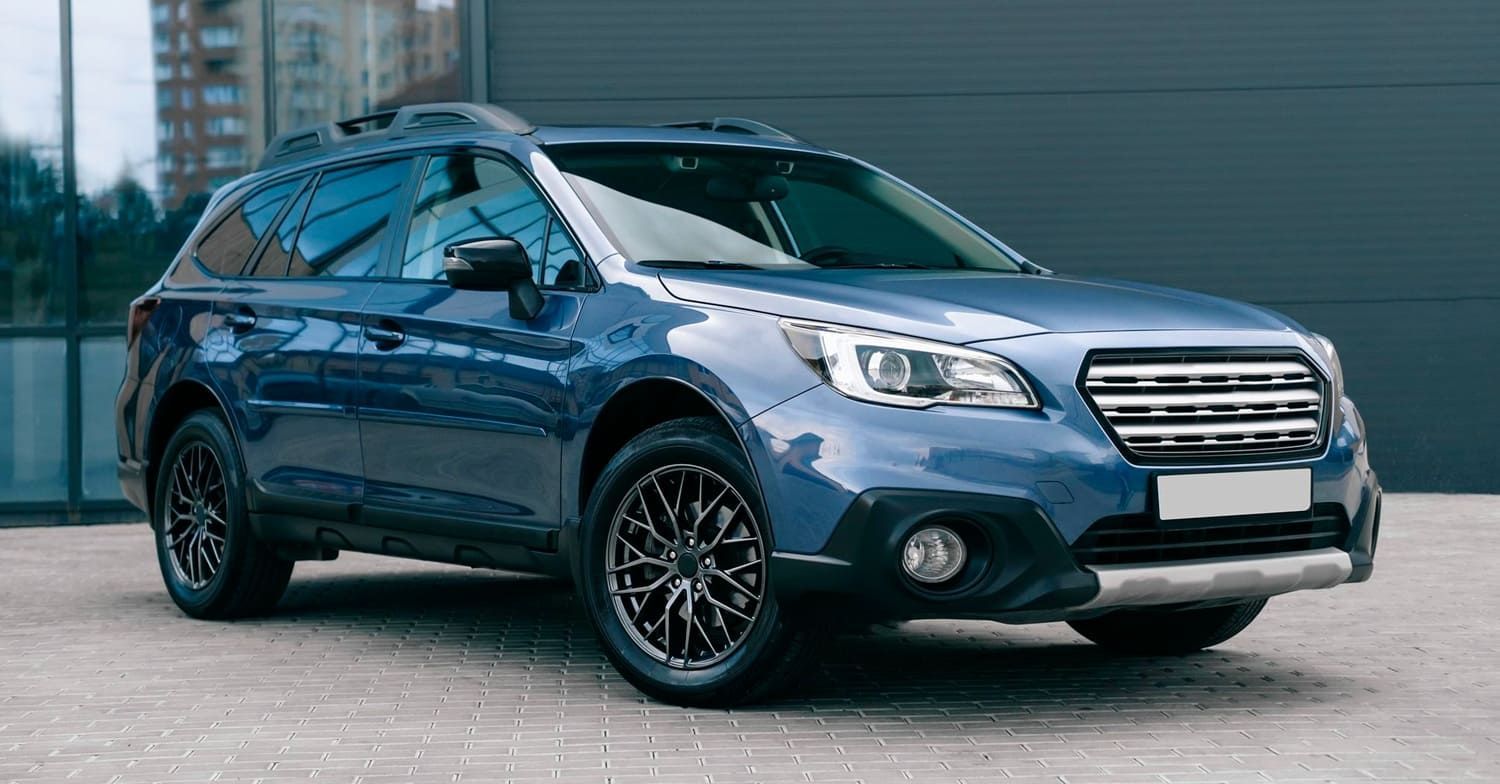
Installation Process: What to Expect
The installation of ceramic car window tint is a meticulous process. Precision is key to achieving a flawless finish. It typically begins with thorough cleaning of the windows to remove dirt and debris.
Professional installers measure and cut the ceramic window film to fit perfectly. This ensures that each piece aligns with the shape of the windows, preventing any gaps or bubbles.
Finally, the film is applied using a special adhesive. Installers use tools to smooth out any imperfections, ensuring a seamless appearance.
Steps in the installation process:
- Clean the windows thoroughly
- Measure and cut the film precisely
- Apply and smooth the film carefully
This attention to detail guarantees a high-quality, lasting outcome that enhances your vehicle.
Maintenance and Longevity of Ceramic Tints
Caring for ceramic car window tint is straightforward. Regular cleaning with gentle, non-abrasive materials ensures longevity. Avoid harsh chemicals that might damage the film.
Ceramic window film is known for its durability. It is resistant to scratches and fading, ensuring it lasts for many years. This means less frequent replacements, offering cost savings over time.
Key maintenance tips:
- Use soft cloths for cleaning
- Avoid chemical cleaners
- Check for damage periodically
By following these simple steps, your ceramic tint remains in excellent condition, providing ongoing benefits.
Is Ceramic Car Window Tint Right for You?
Deciding on ceramic car window tint depends on individual needs. Consider your priorities like comfort, style, and protection from the sun. This premium tint offers numerous advantages that could align with your preferences.
Evaluate your location and climate. For those living in sunny areas, ceramic tint provides superior heat rejection. It also offers essential UV protection, which benefits everyone, especially families and those who travel often.
Ask yourself:
- Do I need UV and heat protection?
- Is privacy an important factor?
- Am I willing to invest for long-term benefits?
By answering these, you can better determine if ceramic car window tint is the right choice for you.
Conclusion: Making the Smart Choice for Your Car
Choosing ceramic car window tint can enhance your vehicle's comfort and aesthetic appeal. Its benefits, such as superior heat rejection and UV protection, are hard to ignore.
While the initial cost is higher, the long-term advantages make it a worthwhile investment. With enhanced durability and privacy, your vehicle can enjoy protection and a sleek look. Carefully evaluate your needs, budget, and priorities to decide if ceramic tint aligns with your expectations and lifestyle.
Leo’s Touch Window Tinting — Trusted LLumar FormulaOne Dealer and Premier window tinting installers near you serving Tampa, FL. Contact us today for a free estimate.
FAQs About Whether Ceramic Car Window Tint Is Worth the Extra Cost
Is ceramic car window tint really worth the higher price?
Yes, ceramic tint is worth the investment because it provides superior heat rejection, UV protection, and long-term durability compared to standard tint films.
What makes ceramic tint better than regular tint?
Ceramic tint uses advanced nanotechnology to block infrared heat and UV rays without relying on metal or dyes that can fade or interfere with signals.
Does ceramic tint keep a car cooler than standard tint?
Yes, ceramic tint blocks up to 98% of infrared heat, making the cabin significantly cooler in hot weather.
Will ceramic tint block harmful UV rays?
Yes, ceramic tint blocks up to 99% of UV radiation, protecting passengers and preventing interior fading or cracking.
Does ceramic tint interfere with GPS, cell, or radio signals?
No, unlike metallic tints, ceramic films are non-conductive and do not interfere with modern electronic signals.
Is ceramic tint more durable than regular window film?
Yes, ceramic tint resists fading, bubbling, and peeling, often lasting 10 years or more with proper installation.
Does ceramic tint improve visibility while driving?
Yes, ceramic films reduce glare and improve clarity both during the day and at night.
Is ceramic tint available in different shades?
Yes, ceramic tint comes in a range of light and dark options, allowing you to balance style, privacy, and legal compliance.
Does ceramic tint increase privacy?
Yes, depending on the shade chosen, ceramic tint can make it harder for others to see inside while maintaining clear visibility from inside the car.
Can ceramic tint help save on fuel or energy costs?
Yes, by reducing the need for constant air conditioning, ceramic tint improves fuel efficiency and extends EV battery range.
Is ceramic tint worth it for luxury and exotic cars?
Yes, ceramic tint complements high-end vehicles by offering premium heat rejection, signal safety, and a sleek appearance.
Does ceramic tint require special maintenance?
No, it can be cleaned with regular ammonia-free glass cleaners and soft cloths.
Is ceramic tint legal in all states?
Yes, ceramic tint is available in multiple VLT percentages, allowing compliance with state laws while still offering strong heat and UV protection.
How does ceramic tint affect resale value?
A professionally installed ceramic tint can enhance resale value by keeping the car’s interior in better condition and appealing to buyers.
Does ceramic tint reduce eye strain while driving?
Yes, it cuts down glare from sunlight and headlights, improving comfort and safety on the road.
Can ceramic tint be applied to windshields?
Yes, clear ceramic films can be applied to windshields where legally permitted to reduce heat and UV without affecting visibility.
Is ceramic tint better for hot climates?
Yes, ceramic tint is especially valuable in hot regions where keeping interiors cool and comfortable is a priority.
Can ceramic tint be combined with other upgrades like PPF?
Yes, many owners pair ceramic tint with paint protection film for complete vehicle protection.
How long does ceramic tint last compared to regular tint?
Ceramic tint lasts significantly longer—often over a decade—while standard dyed films may fade or fail within 2–5 years.

